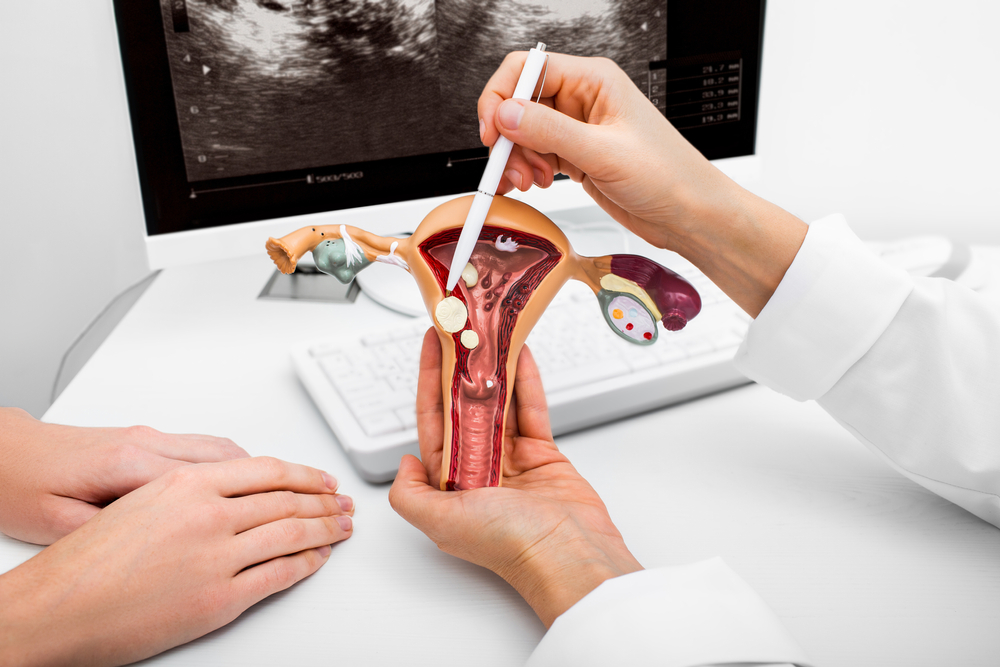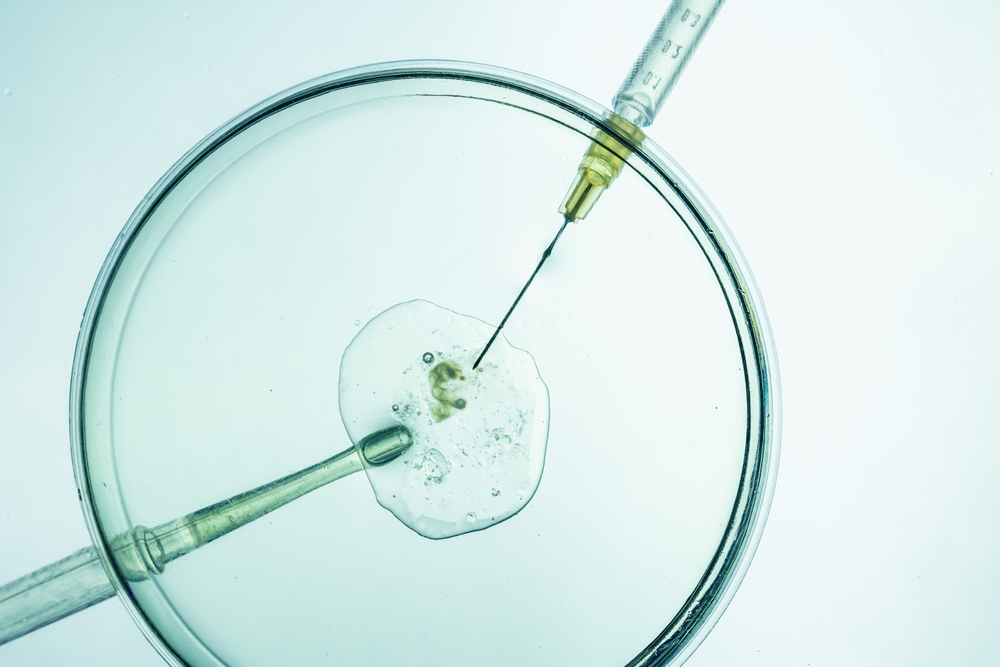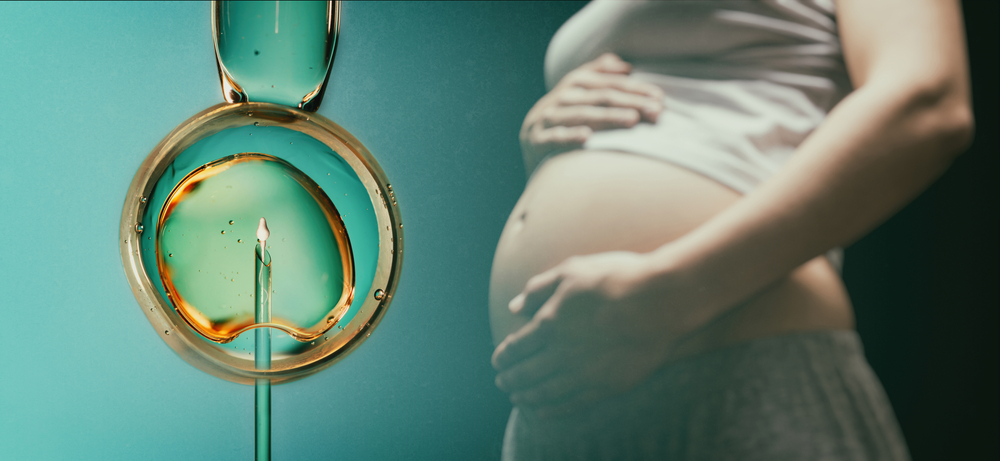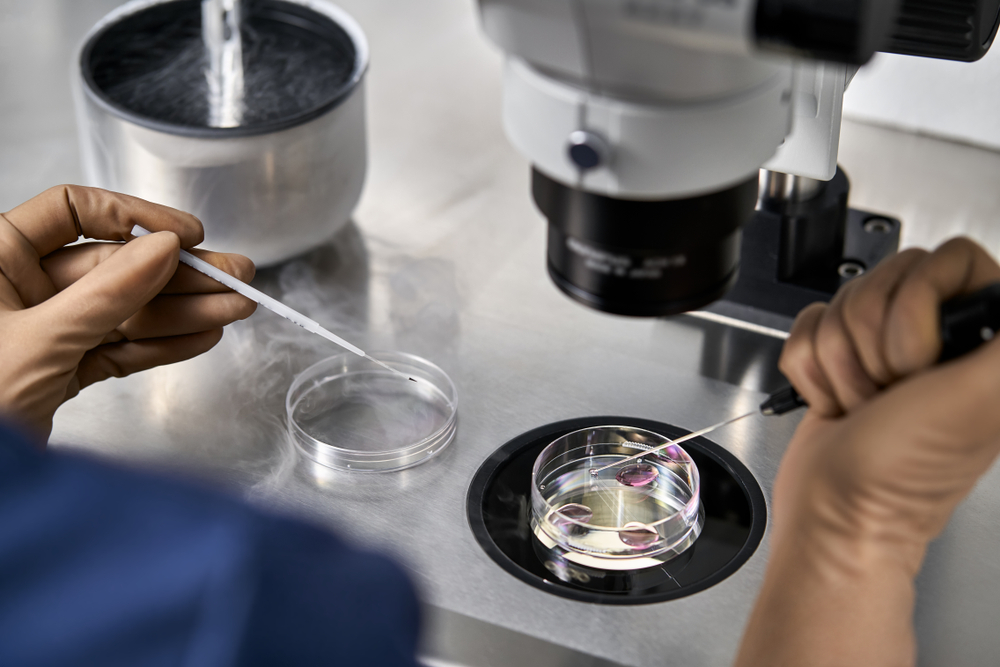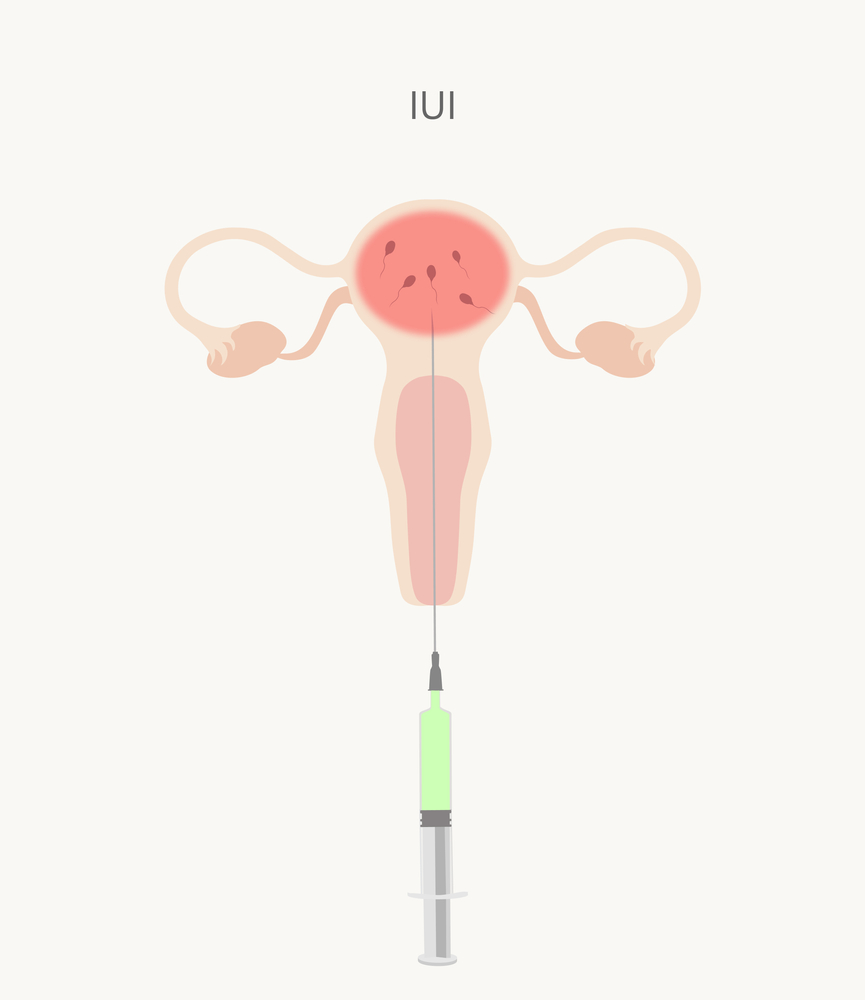A potential side effect of in vitro fertilization is ovarian hyperstimulation syndrome (OHSS) (IVF). The ovaries expand in this condition, and fluid leaks into the body. Women who are undergoing reproductive treatments and have polycystic ovarian syndrome are more likely to develop this disorder.
What is Ovarian Hyperstimulation Syndrome?
Ovarian hyperstimulation syndrome happens when a woman’s ovaries expand and leak fluid into her body, this is known as ovarian hyperstimulation syndrome. This is a problem that can develop in women who receive reproductive therapies that stimulate the ovaries to produce more eggs than normal, but OHSS can also happen on its own.
Ovarian Hyperstimulation Syndrome was once a very common in vitro fertilisation problem. Except for moderate cases, new protocols and methods have reduced the incidence of this illness.
Ovarian Hyperstimulation Syndrome is more prevalent in women with the polycystic ovarian syndrome who are undergoing reproductive treatments (PCOS).
Is ovarian hyperstimulation syndrome (OHSS) common?
Ovarian Hyperstimulation syndrome used to affect roughly 10% of women who had in vitro fertilisation treatments, but it now affects less than 5% of women. Only about 1% of women undergoing hormonal fertility treatments develop severe symptoms of the illness.
What is ovarian hyperstimulation syndrome (OHSS) and what causes it?
In most cases, ovarian hyperstimulation syndrome develops because of high levels of the pregnancy hormone hCG after fertility therapies that stimulate the creation of many eggs at once, as many IVF protocols do. Patients with genetic abnormalities in certain hormone receptors are predisposed to develop OHSS even if they do not get hormonal treatment.
Symptoms
Depending on the severity of the disorder, the signs and symptoms of OHSS differ. Mild to moderate OHSS symptoms include:
- Pain in the abdomen.
- Bloating.
- Weight gain by deception.
- Nausea.
Symptoms of OHSS in more severe forms may include:
- Weight growth that is excessive.
- Nausea and vomiting are severe
- Swelling in the abdomen.
- Breathing problems.
- Clots in the blood.
- Urination is less frequent
- Kidney failure is a serious condition.
- Abdominal pain that is severe.
Ovarian hyperstimulation syndrome (OHSS) has a number of risk factors.
Those who are at a higher risk for OHSS are women who:
Have PCOS.
Have previously had OHSS.
Have many follicles or high level of estrogen during IVF stimulation.
Received high doses of hCG during an IVF cycle.
Have undergone a “fresh” rather than “frozen” embryo transfer..
The success rate varies from clinic to clinic. It would be better to discuss your chances with the fertility specialists in each situation since they are the best and most experienced people to guide you through.
To know more about Ovarian hyperstimulation syndrome and to avail of services for the best treatment in Hyderabad consult our hospital. Dr. G S K Jyothi Reddy @ Shourya’s Test tube Baby Centre is Hyderabad’s Best Infertility Treatment Center with the most advanced technology. Our Specialist doctors are among the best doctors in India with many successful cases and continue to bring hope and joy to many families. Looking for a Donor Cells for Fertility Treatment or embryo donation in Hyderabad? Call Dr. G S K Jyothi Reddy @ Shourya’s Test tube Baby Centre on this number 9502636153

